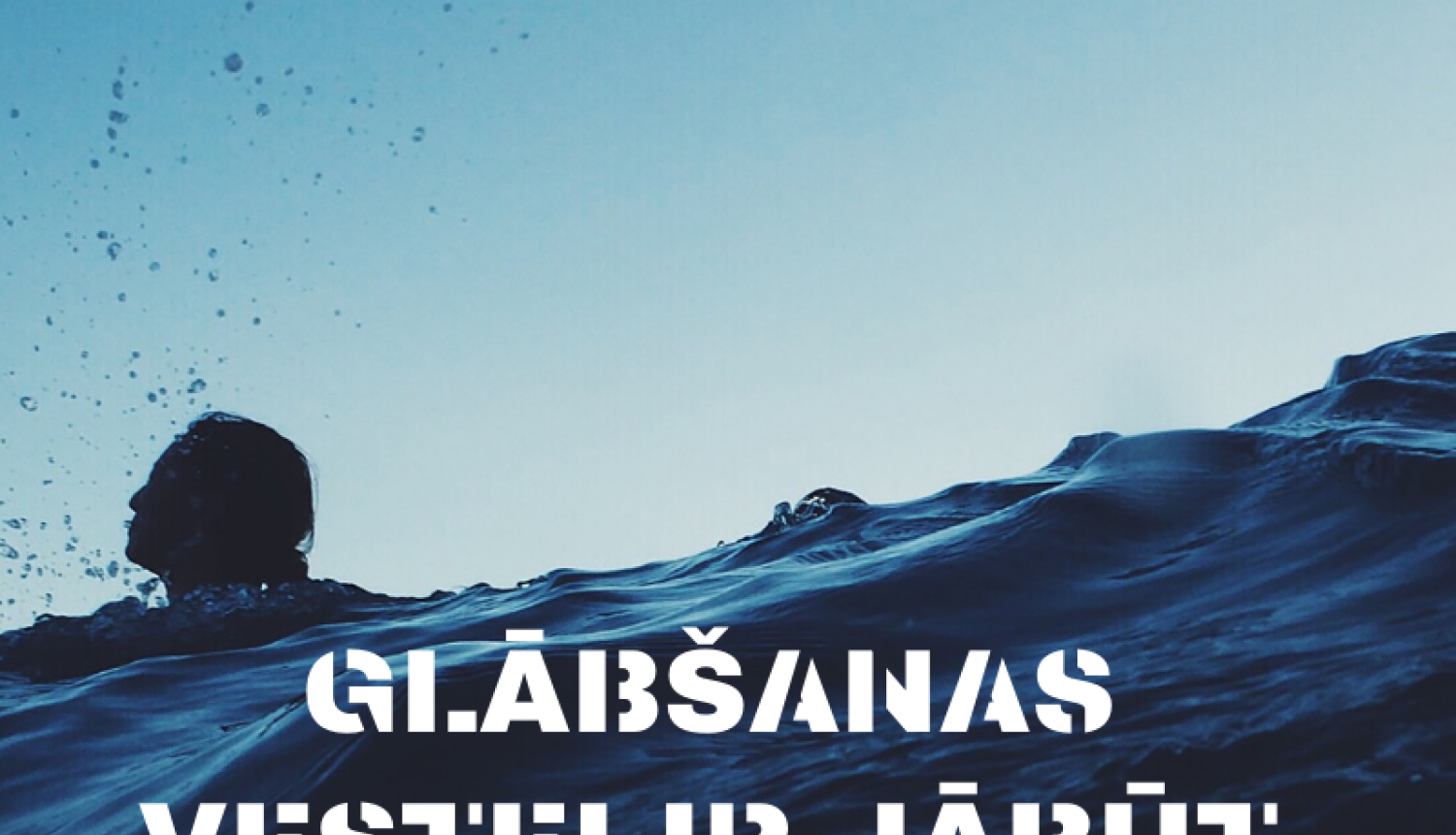Although weather conditions do not spring with heat, today, May 15, the official swimming season is opened throughout Latvia. The National Fire and Rescue Service (NFRS) recalls a number of preconditions for resting at the water not to turn into a tragedy!
Reckless and reckless behaviour and ignorance often lead to tragic accidents. The warmest months of the year are the time when the most accidents are happening at and on the water – 24 people were rescued between May and September last year, who were in various accidents, enjoying the joys of water, while the tragic rest of the water ended last year for 49 people.
When operating with any of the water sports or by boat, boat, boat or other watercraft, the life-jacket must be worn, not adjacent to the watercraft or shore.
NFRS calls for a swimming season only when the water temperature has reached at least +18 Celsius degrees. Bathing is recommended only in official bathing areas. Do not overestimate your forces - if you could swim this river once, it doesn't mean you can do it today!
One of the most frequent causes of drowning is swimming under the influence of alcohol, when a person has impaired consciousness and willingly takes risks, but there is a reduced capacity for coordination and response rates, for example, to understand how far you have swam and swim back quickly. The other reason is the audacity of people, such as jumping in water in untested places, trying to prove their ability to swim further than others. Thirdly, in hot weather, there may be health problems caused by a hot man entering cold water too rapidly.
Alcohol use and resting on water is not a compatible thing! If you're drunk, don't go swimming, stay ashore. Remember that most people are drowned out by being drunk with alcohol! Stop your friends or relatives from going to the water if they are drunk with alcohol!
NFRS calls on parents to be aware that being with a child near the water is not a rest, but a double job, because children without interruption have to be watched all the time – even by paying attention to a child for a minute, he may fall into the water and may be a disaster. Discuss with children issues related to water safety and emergency behaviour, so that during warm times, water rest does not turn into a tragedy. Parents and other adults should note that children learn to see how their parents and other adults do – if adults are reckless and violate safety rules, children will do so, because they think it is right.
NFRS recalls that if you see a person trying to call rescuers on the 112 phone, indicating the location of the accident as closely as possible and the possibilities of passing.
Prepared by: NFRS Prevention and Public Information Division



